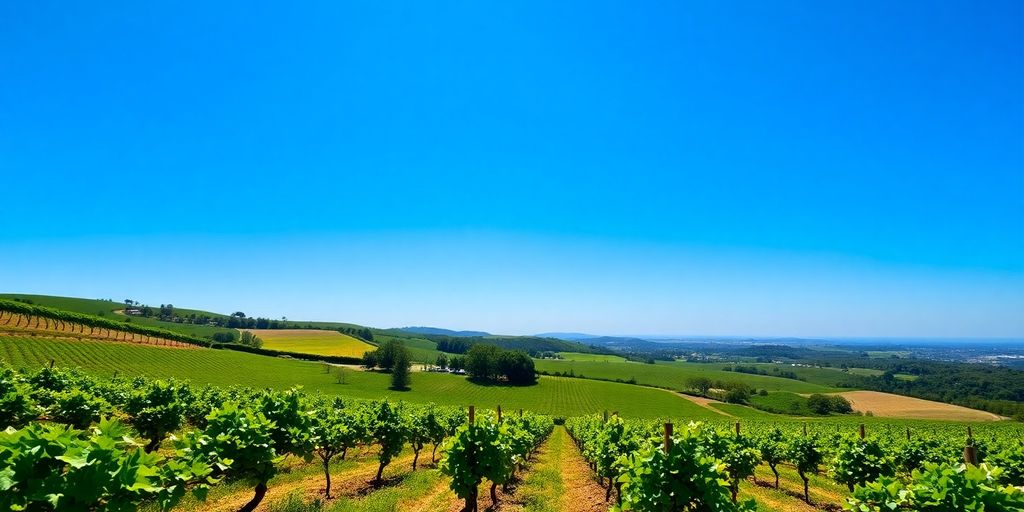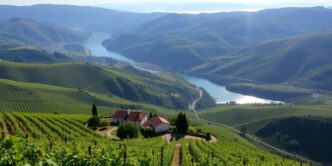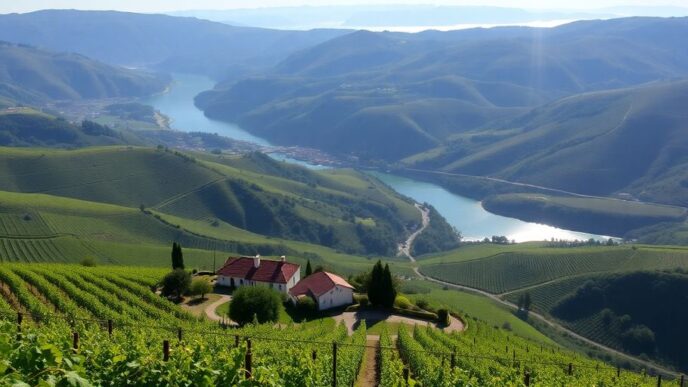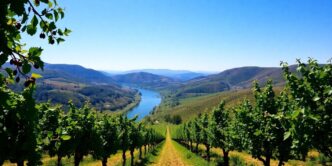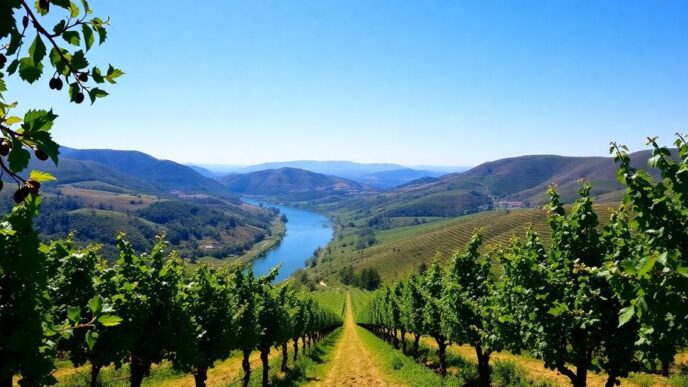The effects of climate change are increasingly evident in Portugal’s wine industry, prompting producers to adapt their practices and grape varieties. As temperatures rise and rainfall patterns shift, winemakers are exploring new options to ensure the quality and sustainability of their wines.
The Shift in Grape Varieties
Producers in Portugal are experiencing a significant shift in the types of grapes they cultivate. With the changing climate, there is a growing focus on varieties that can withstand higher temperatures and drought conditions.
- Tinta Cão: Known for its small berries and thick skin, this variety matures late, making it resistant to weather fluctuations.
- Touriga Nacional: A staple in Portuguese wine, it is being prioritized for its adaptability to hot conditions.
- Touriga Franca: Gaining recognition for producing elegant wines, it is also being planted more frequently.
To combat the challenges posed by climate change, Portuguese winemakers are not only changing grape varieties but also adopting advanced vineyard management techniques.
The Future of Portuguese Wine
As climate change continues to impact the wine industry, producers are committed to evolving their practices. The focus is on maintaining high-quality wine production while adapting to the environmental challenges ahead.
By embracing new grape varieties and innovative vineyard management practices, producers are not only preserving their heritage but also paving the way for a sustainable future in winemaking.


